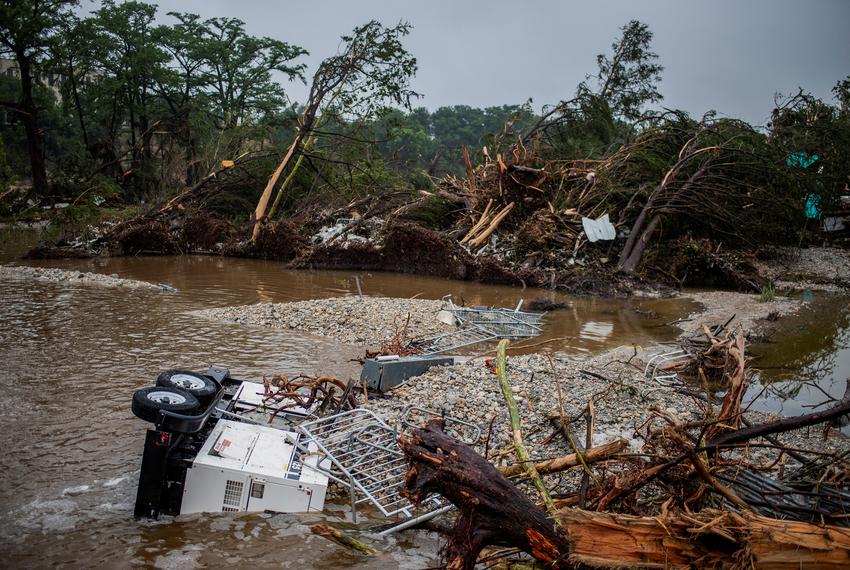In the wake of catastrophic floods that have claimed over 120 lives in Central Texas, a shocking failure by the Federal Emergency Management Agency (FEMA) has come to light. Documents reviewed by The New York Times reveal that nearly two-thirds of calls to FEMA"s disaster assistance line went unanswered just days after the disaster struck. This negligence is exacerbated by recent staffing cuts that left survivors without crucial support during one of the most desperate times in their lives.
Massive Staffing Cuts Undermine Emergency Response
According to internal sources, FEMA laid off hundreds of contractors from its call centers on July 5, 2025, just days before the floods. The contracts were not renewed until July 10, leaving a significant gap in emergency response capabilities as families sought help. As reported by The New York Times, the agency"s decision to cut back on staff during a crisis is both baffling and alarming.
Government Accountability Under Scrutiny
The recent actions of Homeland Security Secretary Kristi Noem, who instituted a requirement for her approval on expenses over $100,000, have raised serious questions regarding accountability within the agency. This bureaucratic bottleneck delayed the renewal of contracts, which directly impacted FEMA’s ability to respond effectively. While survivors were left on the line waiting for assistance, Noem was reportedly preoccupied with new approval processes that prioritized red tape over immediate human needs.
Survivors Left to Fend for Themselves
As many Texans grappled with the aftermath of the floods, the lack of accessible assistance left them vulnerable. FEMA"s disaster assistance program is designed to provide immediate financial help, such as a one-time payment of $750 for those who lost their homes. However, with unanswered calls and delayed responses, countless families were left without the essential support they desperately needed. This raises significant concerns about the efficacy of federal disaster relief efforts. According to FEMA’s own data, timely assistance is vital for recovery, yet the agency"s failures seem to contradict its mission.

Texas Flood Disaster: What Climate Science Reveals About the Risin…
Climate Change Exacerbates Disasters
This crisis in emergency response comes against the backdrop of escalating climate change impacts. The floods in Central Texas are not isolated events but part of a larger pattern of increasingly severe weather phenomena fueled by climate change. As reported by Harvard Law’s Environmental Law Program, FEMA must adapt to these new realities and prioritize resilience in its response strategies, rather than exacerbating vulnerability through poor planning.
Calls for Systemic Change
The failures of FEMA during this disaster raise urgent calls for systemic change in how federal disaster responses are structured. Advocates for social justice and environmental equity emphasize that marginalized communities often bear the brunt of climate impacts, yet they are consistently underserved by emergency management systems. Activists argue that the federal government must ensure that its disaster preparedness strategies reflect the needs of all communities, particularly those most at risk.
The current administration"s approach to disaster response must shift from reactive to proactive, anticipating the challenges posed by climate change rather than responding to them in a piecemeal fashion. As the federal government considers reforms, stakeholders demand a more equitable allocation of resources and a commitment to addressing the root causes of vulnerability.



![[Video] Gunfire between Iraqi security forces and Sadr militias in Baghdad](/_next/image?url=%2Fapi%2Fimage%2Fthumbnails%2Fthumbnail-1768343508874-4redb-thumbnail.jpg&w=3840&q=75)
